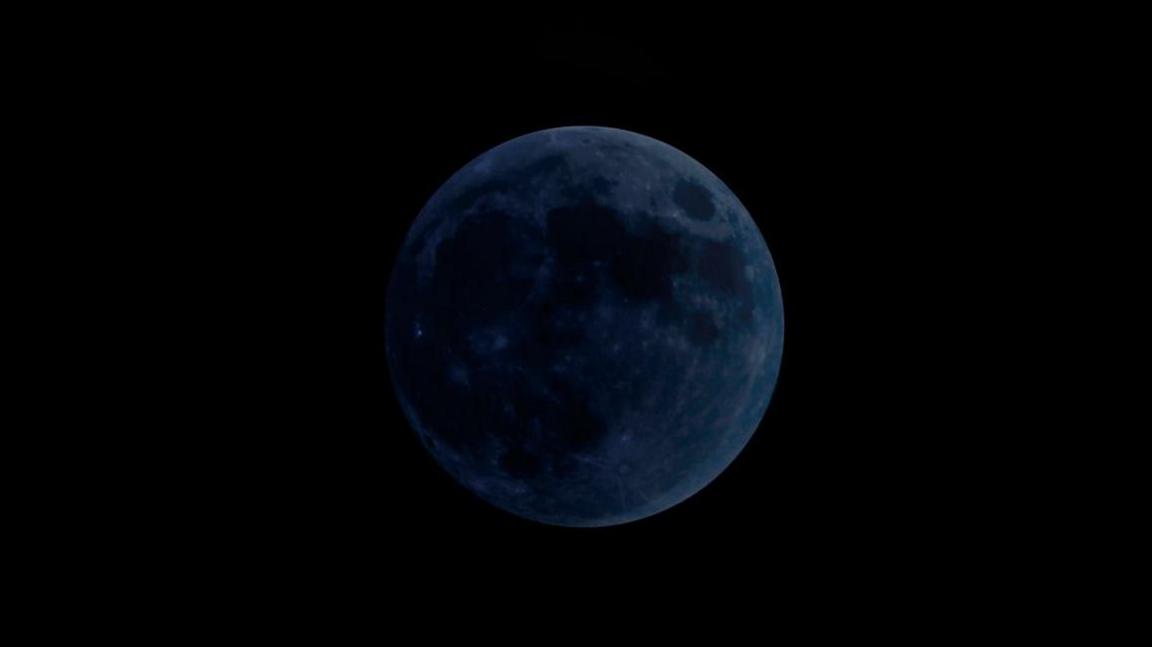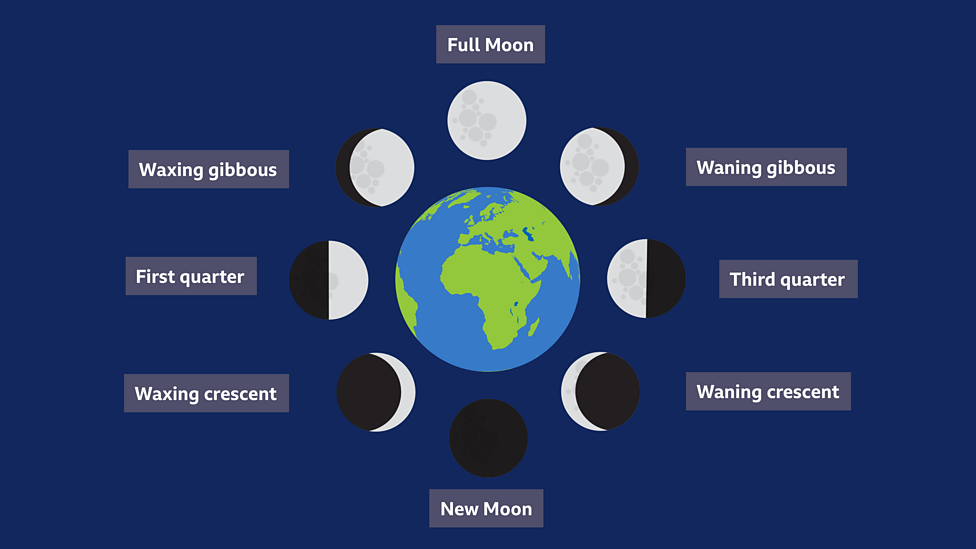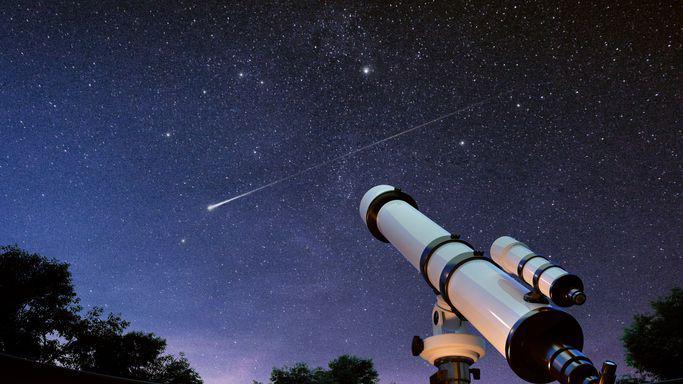The rare 'black moon' happening this weekend

The Moon does not produce its own light, we only see it when it reflects light from the Sun
- Published
Get ready space fans, for a special event taking place in the night sky this weekend.
A rare kind of new moon - known as a 'black moon' - will appear on 23 August.
However, it's quite a different stargazing experience, as you won't actually be able to see the Moon at all.
That's because the side of the Moon facing our planet will be completely in shadow.
If you want to experience this rare event, you'll need to get up early, as it's due to happen just after 6am UK time.
Read on to find out more about black moons and why they're special.
More like this
- Published21 December 2024
- Published20 December 2024
- Published16 December 2024
What is a black moon?

There are eight phases of the Moon beginning with the new moon
A black moon isn't actually an astronomical event or an official scientific name - it's a name that's commonly used when there are more new moons than usual.
There are a few different definitions of a black moon, however, it usually refers to when there are two new moons in a single month.
The Moon goes through a cycle of phases and usually once every calendar month a new moon occurs - that's when the Moon seems to disappear entirely.
However, every few years two new moons occur in the same month - and that is what's known as a black moon.
A black moon is the opposite of a blue moon, which takes place when there are two full moons in a single month.
Why is a 'black moon' special?

Black moons can be good news for stargazers
Black moons are rare events.
This is because the cycle of the Moon - the time it takes to go through its different phases - takes 29.5 days to complete.
This means that 12 full cycles take 354 days, which is less than the 365 days (or 366 days if it's a leap year) in our calendar year.
As a result, approximately once every two and a half years, there will be a month with two new moons - and this second new moon is referred to as a black moon.
Black moons are also good for stargazers as it means darker skies.
This allows for stars, constellations and deep sky objects - like clusters and galaxies - to be seen more easily.
